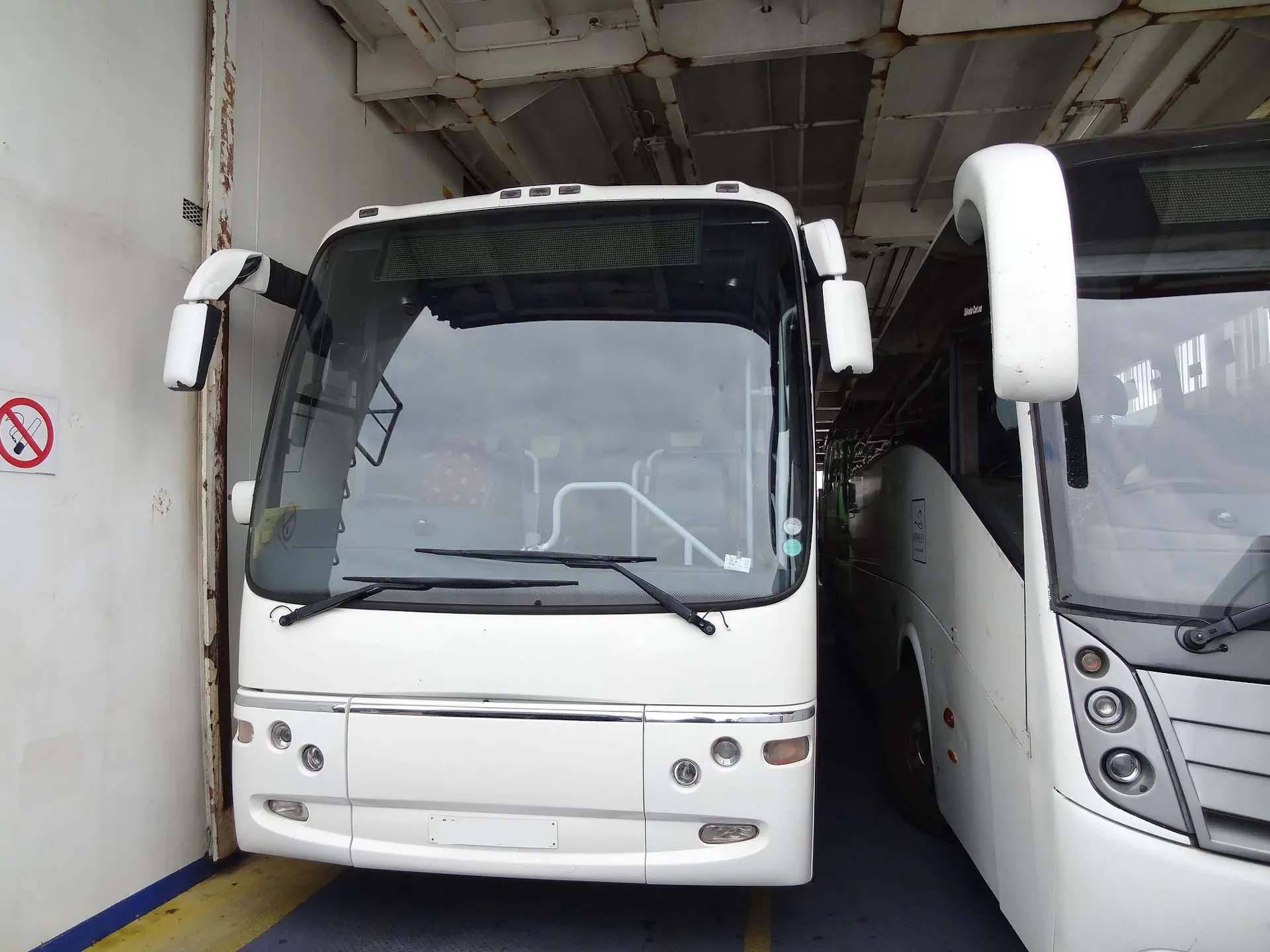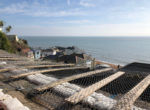Last week OnTheWight asked the Isle of Wight ferry companies whether in the event of an coronavirus outbreak in the UK they would allow passengers to remain isolated in their vehicles during Solent crossings.
Although Red Funnel said they were in talks with the regulator (the MCA) and working hard to find a solution, both ferry companies said this was not an option at the moment.
MCA: Vehicle decks do not meet required safety standards
OnTheWight contacted the Maritime and Coastguard Agency (MCA) to find out what is stopping the ferry companies allowing passengers remain in their vehicles during ferry crossings – as used to be the case on Wightlink as recently as 2012.
An MCA spokesperson told OnTheWight,
“Vehicle decks on ships are designed as cargo spaces and do not meet the required safety standards set out by regulations around fire protection and emergency escapes which are in place to ensure the safety of passengers in the event of an emergency.
“Therefore passengers on Wightlink and Red Funnel ferries are not allowed to remain in their vehicles once the ferries depart port.”
MCA: Not an appropriate place for people to remain
OnTheWight put a number of scenarios to the MCA, along with questions such as whether there are specific rules preventing passengers staying in their vehicles, what the ferry companies needed to change to allow it, or whether the number of staff on board had any bearing on passengers remaining in vehicles.
The MCA explained,
“Once a ferry is loaded up and underway, the vehicle decks are not an appropriate place for people to remain in their vehicles or to move around in should they want to reach the toilets for example.
“It is much safer for passengers to exit their cars and travel in the passenger lounges designed for this.”
MCA monitoring developments
They went on to say,
“We are very conscious that corona virus is a fast changing situation; the MCA is monitoring developments in government and international policy for public transport and public gatherings.
“Should the risk balance or transport priorities change then we will put in place the appropriate measures to assure passenger safety.
“Considerations may well include staffing levels and carriage of freight or dangerous goods, among many other factors.”
Image: seattlecamera under CC BY 2.0





